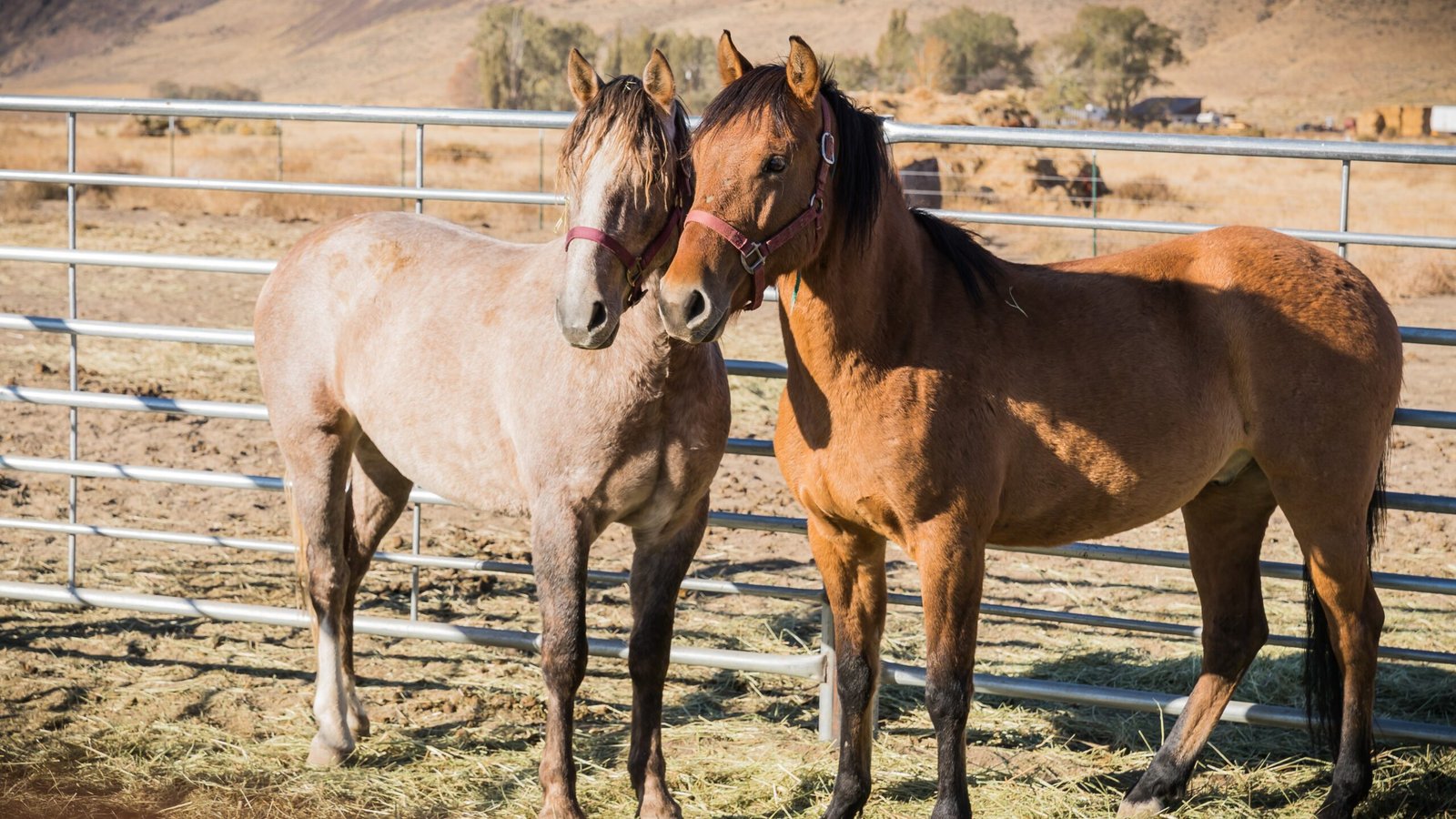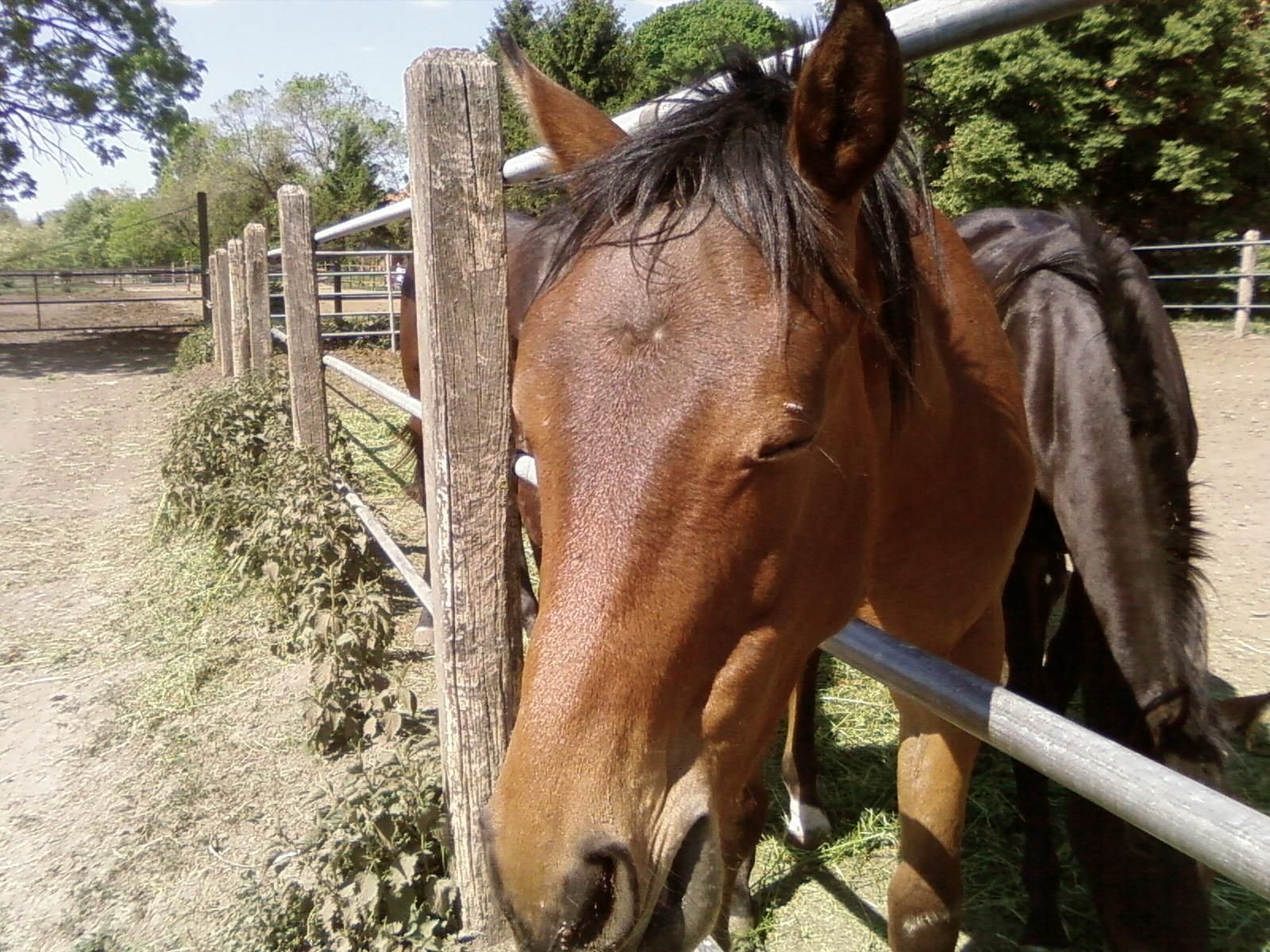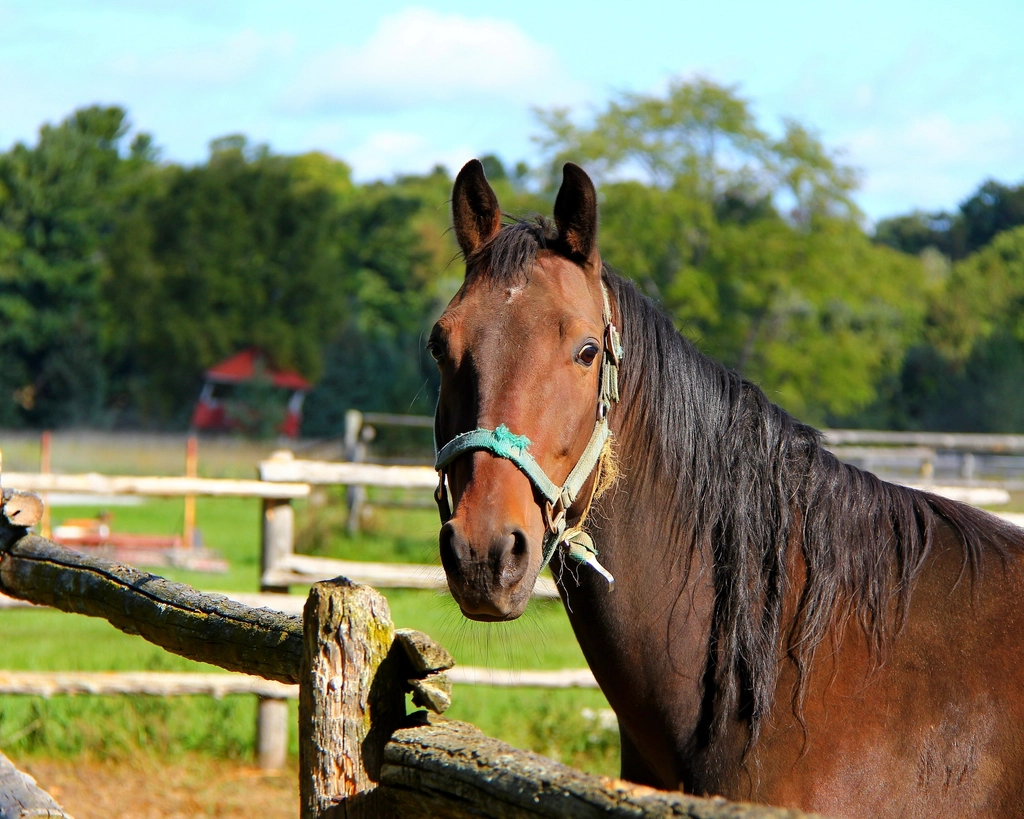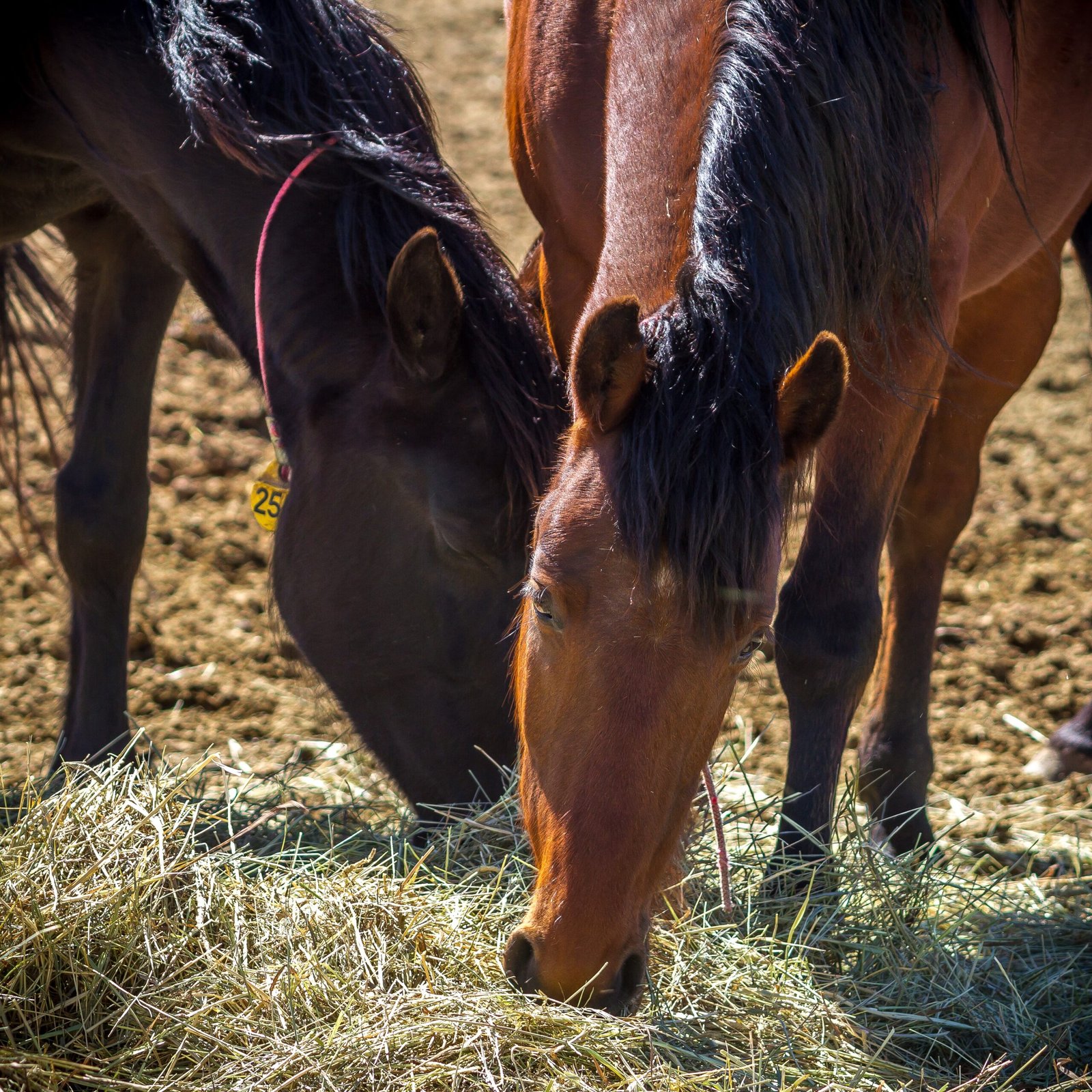Handling aggressive behavior in horses can be daunting, especially for those new to equine companionship. Understanding that aggression in horses can manifest due to various reasons is crucial. Just like humans, horses have unique personalities and experiences that shape their behaviors. While some horses are naturally calm and gentle, others may exhibit aggressive tendencies due to fear, frustration, or health issues. This article will guide you through 12 essential tips to manage and mitigate aggressive behaviors in horses, ensuring a safe and harmonious relationship between you and your equine friend.
Understanding the Root Cause
Before addressing aggressive behavior, it’s essential to understand why your horse might be acting out. Horses, like people, can become aggressive due to fear, pain, or discomfort. Observing your horse’s environment and interactions can provide insights into potential stressors. For instance, a new environment or unfamiliar people can trigger anxiety in some horses. By identifying the root cause, you can tailor your approach to address the underlying issue rather than just the symptoms.
Establishing Trust and Bond

Building a trusting relationship with your horse is foundational in managing aggression. Horses are social animals and thrive on trust and companionship. Spend time with your horse beyond training sessions to build rapport. Gentle grooming, feeding, and simply being present can reinforce trust. When your horse trusts you, they are more likely to respond positively to your guidance, reducing aggressive tendencies.
Consistent Training and Routine

Consistency is key in preventing and reducing aggressive behavior. Horses respond well to a structured routine and consistent training. Establish a daily routine that includes feeding, grooming, and exercise. Consistent cues and commands during training sessions help your horse understand expectations. Over time, this predictability can reduce anxiety and aggression as your horse becomes accustomed to their environment and your leadership.
Recognizing Signs of Aggression
Being able to identify early signs of aggression can prevent escalation. Common signs include pinned ears, bared teeth, and a swishing tail. Understanding these signals allows you to intervene before aggression turns into a serious issue. Observing body language and vocal cues can provide insights into your horse’s mood and help you address potential triggers before they lead to aggression.
Ensuring Proper Nutrition
Diet plays a significant role in a horse’s behavior. An imbalanced diet can lead to nutritional deficiencies, resulting in irritability and aggression. Ensure your horse receives a balanced diet rich in essential nutrients. Consulting with a veterinarian or equine nutritionist can help tailor a diet plan that suits your horse’s specific needs, promoting overall well-being and reducing aggressive tendencies.
Providing Adequate Exercise
Just like humans, horses need regular physical activity to stay healthy and happy. Lack of exercise can lead to pent-up energy, resulting in frustration and aggression. Ensure your horse receives adequate exercise through daily rides, lunging, or turnout time. Exercise not only helps in releasing excess energy but also stimulates mental engagement, reducing the likelihood of aggressive behavior.
Addressing Health Issues

Sometimes, aggression in horses can be attributed to underlying health problems. Pain or discomfort from injuries, dental issues, or illnesses can lead to irritability. Regular veterinary check-ups are crucial to identifying and addressing any health concerns. By ensuring your horse is in good health, you can mitigate aggression stemming from physical discomfort.
Using Positive Reinforcement

Positive reinforcement can be an effective tool in managing aggressive behavior. Rewarding your horse for calm and positive interactions encourages them to repeat those behaviors. Treats, pats, or verbal praise can serve as incentives. By focusing on rewarding good behavior, you can gradually reduce aggression and foster a more cooperative demeanor.
Creating a Safe and Comfortable Environment
A horse’s environment can significantly impact their behavior. Ensure their living space is safe, comfortable, and free from stressors. Adequate shelter, clean water, and safe fencing are essential. Reducing noise levels and ensuring your horse has companion animals can also create a more peaceful environment, reducing aggression.
Seeking Professional Help
If aggressive behavior persists despite your efforts, consider seeking help from a professional trainer or equine behaviorist. These experts have the knowledge and experience to address challenging behaviors effectively. They can provide tailored strategies and training programs to manage aggression, ensuring the safety and well-being of both you and your horse.
Practicing Patience and Consistency
Handling aggressive behavior requires patience and consistency. Change doesn’t happen overnight, and it’s crucial to remain patient with your horse. Consistent training, routine, and reinforcement will gradually lead to positive changes. Remember, every small step forward is progress, and maintaining a calm and consistent approach will yield long-term benefits.
Understanding When to Step Back

Sometimes, despite our best efforts, a horse may remain aggressive. Recognizing when to step back and reassess your approach is essential. It’s important to prioritize safety and understand that not every horse will respond to the same methods. Taking a break to evaluate your strategy or seeking additional guidance can lead to better outcomes in managing aggression.
In conclusion, handling aggressive behavior in horses is a multifaceted process that requires understanding, patience, and dedication. By focusing on trust, consistency, and addressing underlying issues, you can foster a harmonious relationship with your horse, ensuring a safe and enjoyable experience for both parties.
Jen is a passionate nature lover and ocean conservationist. She has dedicated her life to protecting the environment and preserving the beauty of the natural world. Growing up in a small coastal town, Jen sincerely appreciated the ocean and its inhabitants. She has spent countless hours exploring the shoreline, learning about the creatures that inhabit the waters, and advocating for their protection. Jen is an active member of ocean conservation organizations, and she is committed to educating the public about the importance of conserving wildlife and the natural environment.






